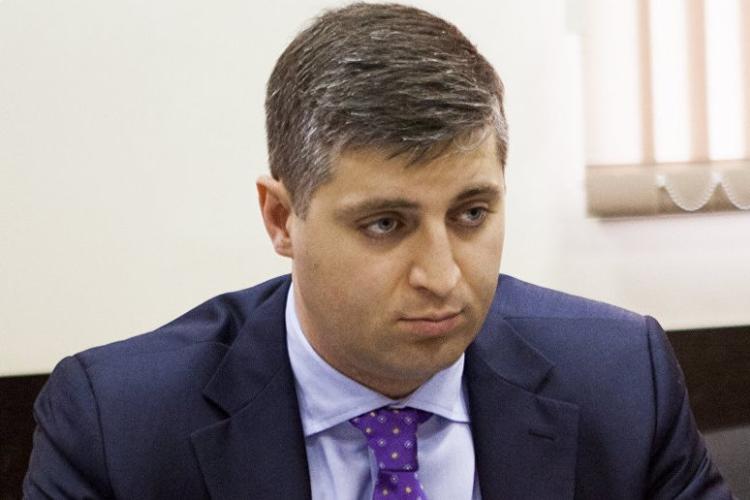Pertaining to the International Criminal Court Prosecutor Fatou Bensouda’s intention to investigate the affairs of the August, 2008
Fatou Bensouda, the International Criminal Court Prosecutor, submitted an official request to the ICCt to conduct an investigation of the August affairs, when Georgia unleashed a full-scaled military aggression against South Ossetia.
Inquiry bodies of the Republic of South Ossetia and the Russian Federation, and the EU international commission headed by Heidi Tagliavini had already investigated the affairs and came to a conclusion that Georgia was guilty of unleashing the war. Tragic consequences of Georgian attacks against South Ossetia in August, 2008 are widely known: loss of Russian peacekeepers, numerous victims, heavy destructions and more than 40 thousand refugees among the Ossetian, who found shelter in Russia.
It should be noted that South Ossetia had been attacked by Georgia several times before August, 2008. Genocide and total ethnic cleansing of the Ossetian organized by Georgian troops in 1920 resulted in thousands of causality, and those who survived were forced to leave their homes and seek salvation in Russia. Thousands of guiltless people became victims of Georgian military aggression and ethnic cleansing of the Ossetian, when Georgian forces and bands of guerrillas committed to flames and destructed dozens of villages in South Ossetia in early 1990s. Next time South Ossetia was attacked by Georgia in 2004. These crimes of Georgian authorities were left unpunished and affirmed their self-believed right to freedom of action with respect to South Ossetia, and led to another bloody war in August, 2008.
The field investigation conducted in August, 2008 didn’t manage to draw attention of international law advocates from Hague, who stood indifferent to pain, suffering and violation of rights of South Ossetia people. Crimes of Georgian militarists, cruel murders of the Ossetian without distinction of gender and age, destruction of houses and civil infrastructure by Georgian army were left beyond the ICCt prosecutor’s vision, though in 2008 the international judicial bodies received about 4000 applications from those who had suffered from the activities of Georgian forces in South Ossetia.
The ICCt prosecutor’s interest to the 2008 affairs sparked only in 2013 and reflected only unilateral opinions. Before the official investigation was conducted by the International Criminal Court the annual reports prepared by the ICCt Prosecutor in 2012, 2013 and 2014 reflected solely Georgian vision and accused the Ossetian of large-scale attacks on Georgian citizens, of destruction of their homes, of forced migration organized in August-October, 2008, and even of crimes against humanity. It appears that this would not be about finding Georgian authorities and military forces guilty, but about charging those who suffered of Georgian military aggression. No wonder that prosecutor Bensouda’s statement was met with enthusiasm in Tbilisi, where they expect to make use of the ICCt Prosecution’s possibilities to rewrite the affairs of disgraceful (for Georgia) war of August, 2008.
The position of the ICCt prosecutor carries weight and Mrs. Bensouda’s request to obtain approval to initiate an investigation of the affairs of August, 2008 makes the ICCt judges to choose between fair play on one hand and the early fabricated treatment of reasons offered by the prosecutor where those guilty of the attack on South Ossetia are whitened on the other hand. Provided the Court takes care of its reputation, it has to do its best in avoiding the biased unilateral politicized approach that they try to impose on it.
October 20, 2015, Tskhinval
